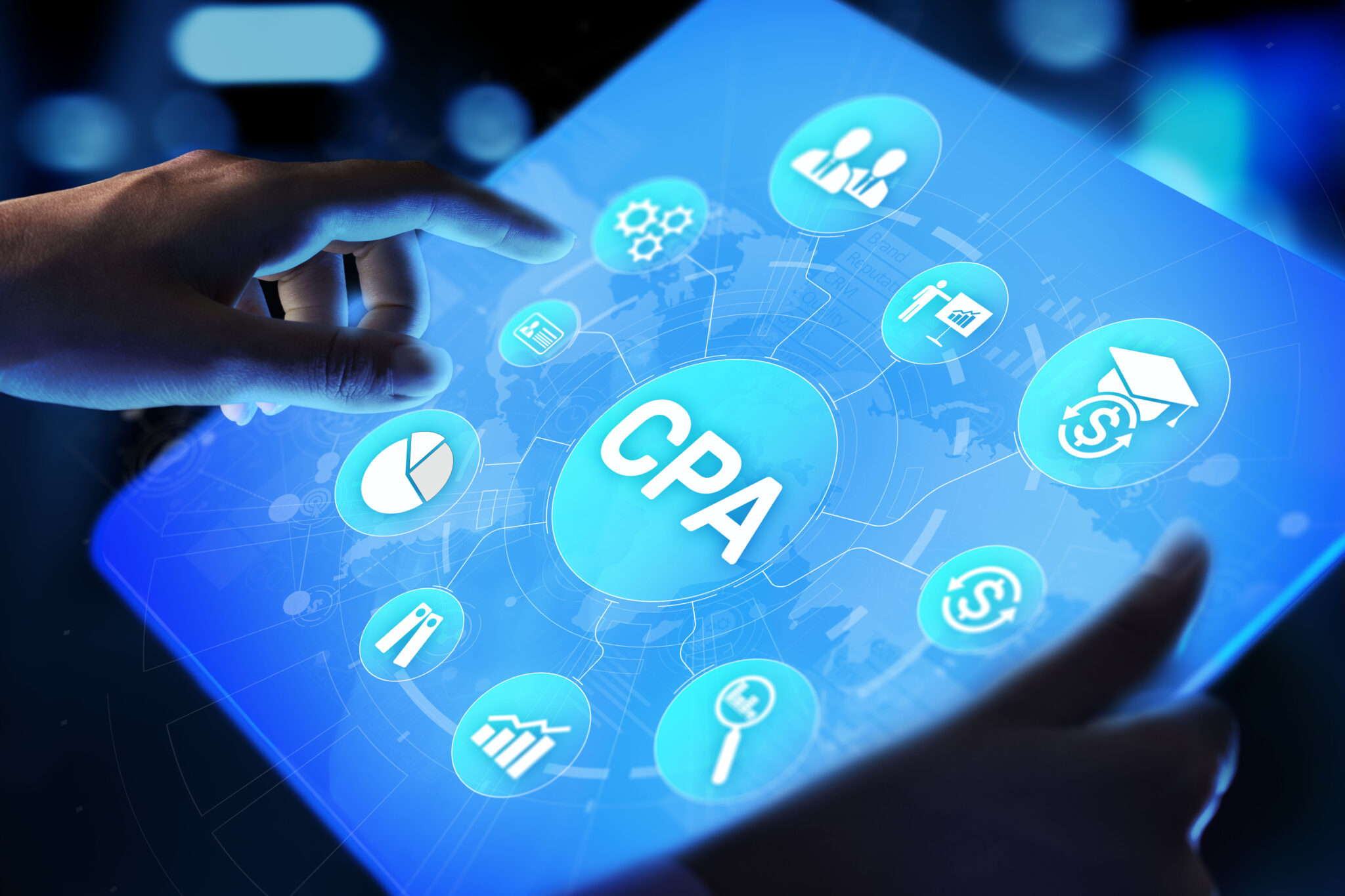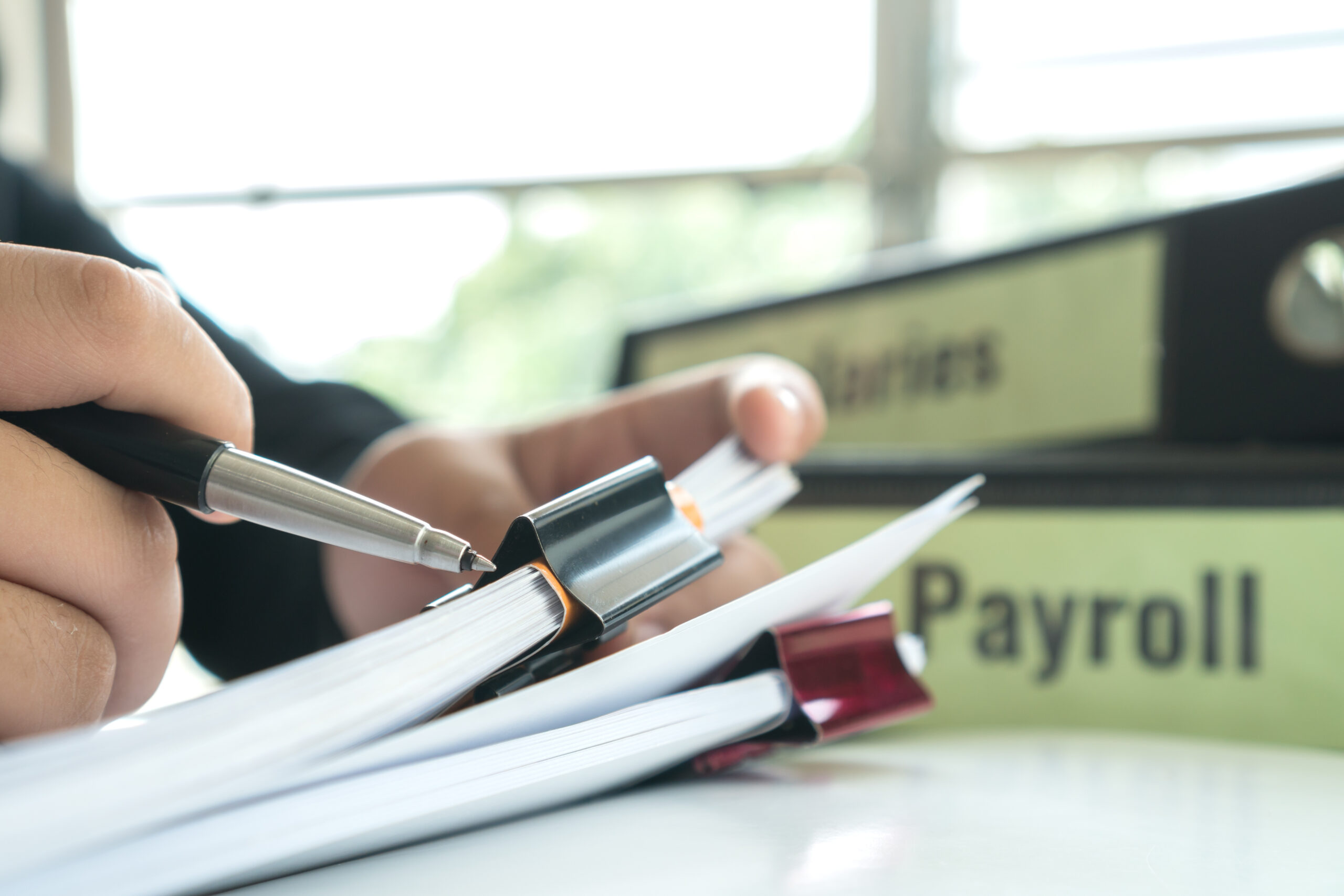My CPA Davie FL – Business Accounting Services, Tax & Advisory
The professionals at My CPA, PA, offer an array of virtual CPA and CFO services. We strongly focus on two main areas – business and IRS tax services. We are equipped with a Davie CPA, an in-house tax attorney, a former IRS agent, and more than twelve years of experience. Our team handles day-to-day business accounting services in Davie, FL, so you can focus on what’s important—running your business.

Davie, FL, Small Business CPA
The main goal of a business owner is to make money and to grow continuously. As a Davie business accountant, we can provide insightful business and accounting services such as:
- Business consultation and incorporation
- Monthly bookkeeping and payroll
- Business tax preparation
- Profit and loss statements
Davie, FL, IRS Tax Resolution Services
With the invaluable expertise of our in-house Davie tax attorney and former IRS agent, our remote CPA firm possesses a unique and formidable advantage when representing individuals and businesses dealing with IRS issues. Our team’s capabilities extend far beyond conventional tax legal services, offering a comprehensive and specialized approach to addressing a wide range of tax-related challenges.
Spotlight On: Creating A Budget For Your Business

A detailed budget that estimates your future income and expenses can be a powerful tool to help manage your finances. Furthermore, it can keep you and your business accountable and on track toward achieving your goals. You may have put creating a budget on your to-do list but allowed it to go on the back burner as more pressing matters popped up. A few crucial steps can help you get started drafting a budget that serves as your financial roadmap:
Gather Relevant Financial Information
First, you must gather relevant financial information, including several years of financial statements and sales forecasts. Next, use this data to outline the business’s main sources of income and expenses by category. It may help to start with a prior year’s profit and loss statement. Expenses should be broken out between fixed costs, which remain fairly consistent even when business activity fluctuates, and variable costs. Variable costs often change in response to business activity such as sales.
Examples of fixed costs include rent and business insurance. Variable expenses include hourly payroll and cost of goods sold. Fixed costs can be estimated using historical data, and variable costs can be estimated as a function of their driver. For example, if hourly employee payroll averaged 5% of revenue over the past three years, future hourly payroll can be estimated using 5% of projected revenue. Expense estimates can be adjusted for foreseeable changes, such as a new salaried employee you expect to hire in the coming year.
Reserve for Unforeseen Expenses
Your budget should also include a reserve for unforeseen expenses. The initial budget can be further refined to take into account your goals, such as increasing revenue by 10% or reducing certain costs. Budgets typically estimate the upcoming year but can also be divided into quarters or another period that suits your comparative purposes. Quarters may be adjusted to take into account seasonal fluctuations in business activity. Finally, you should compare your actual financial results to your budget during the year. This can help you assess performance, make informed financial decisions, and monitor the business’s financial health.
We also provide virtual accounting services to clients from Brickell, Wynwood, Miami Lakes, and more.
